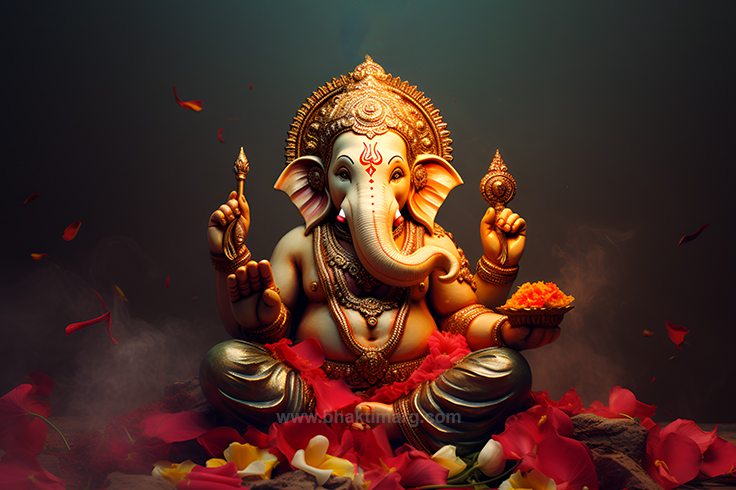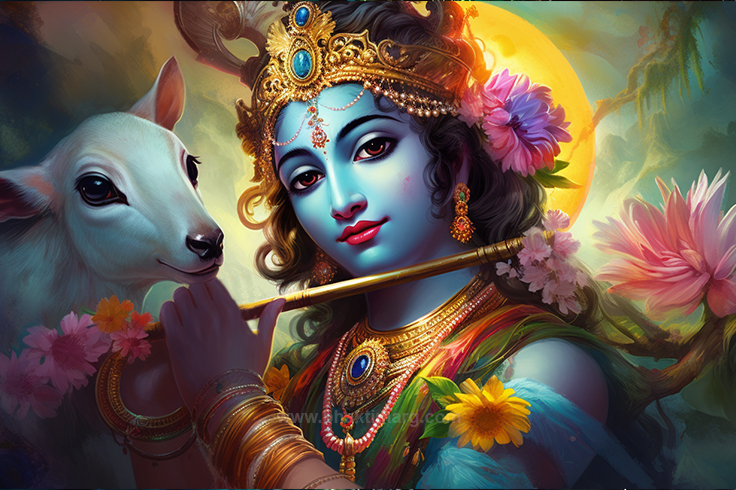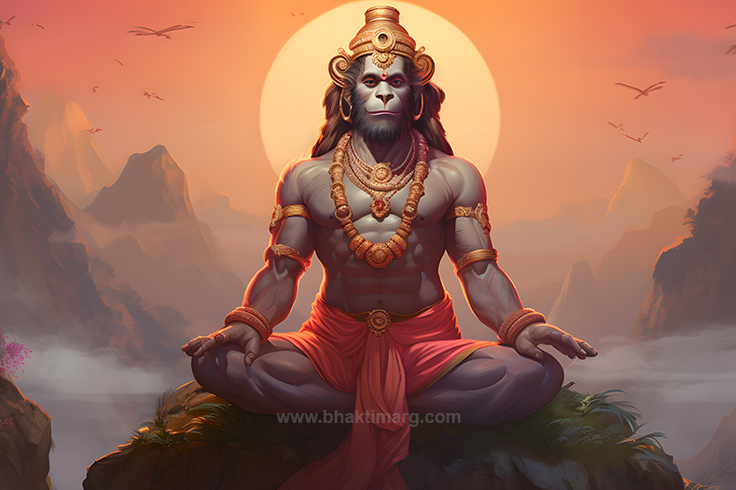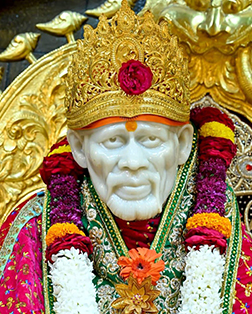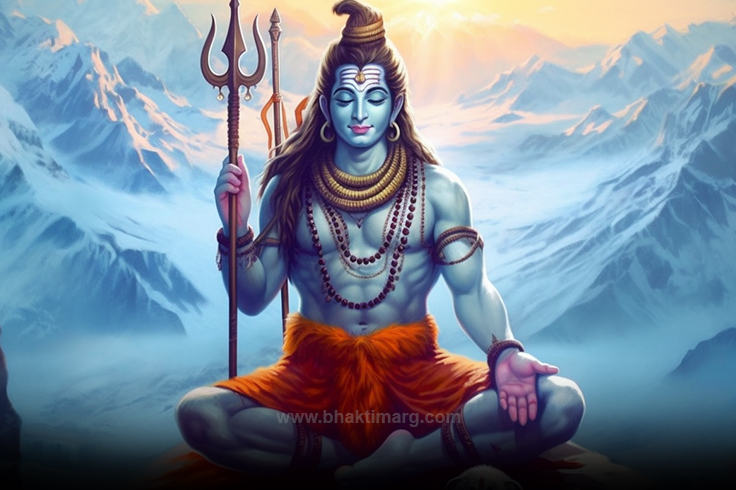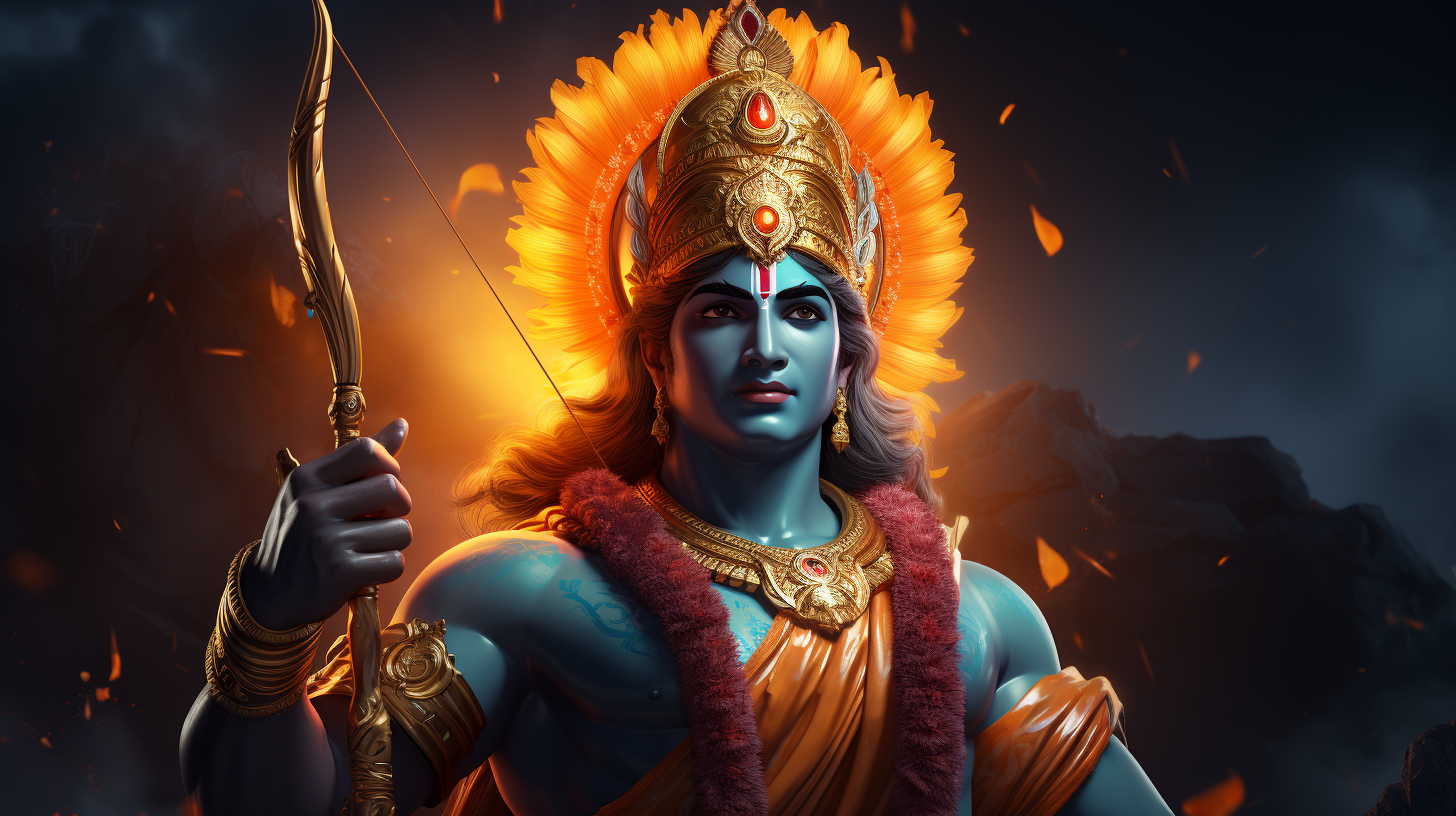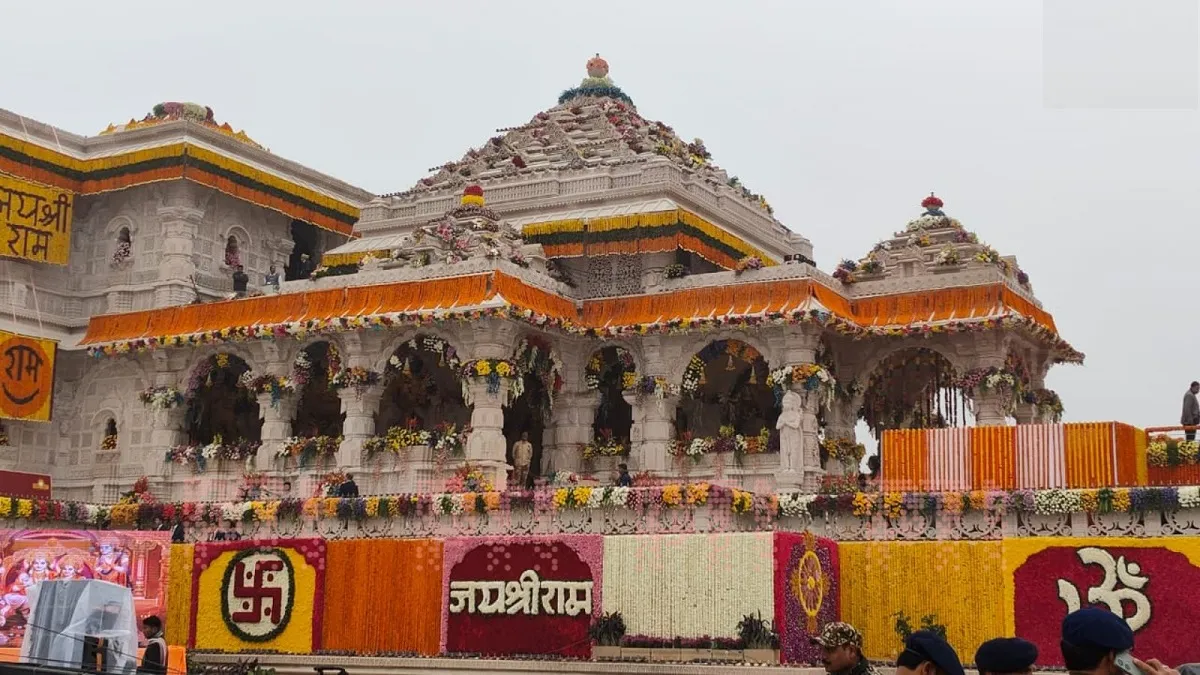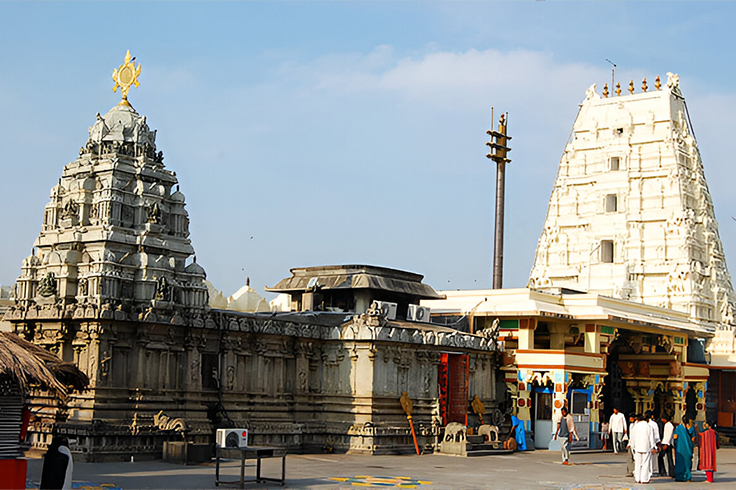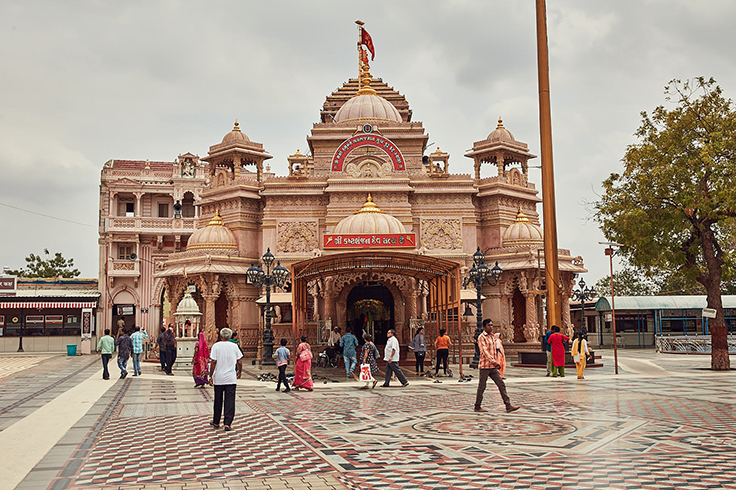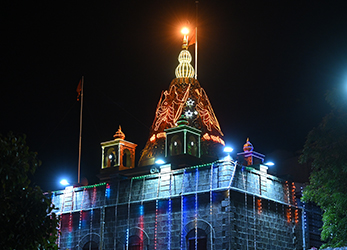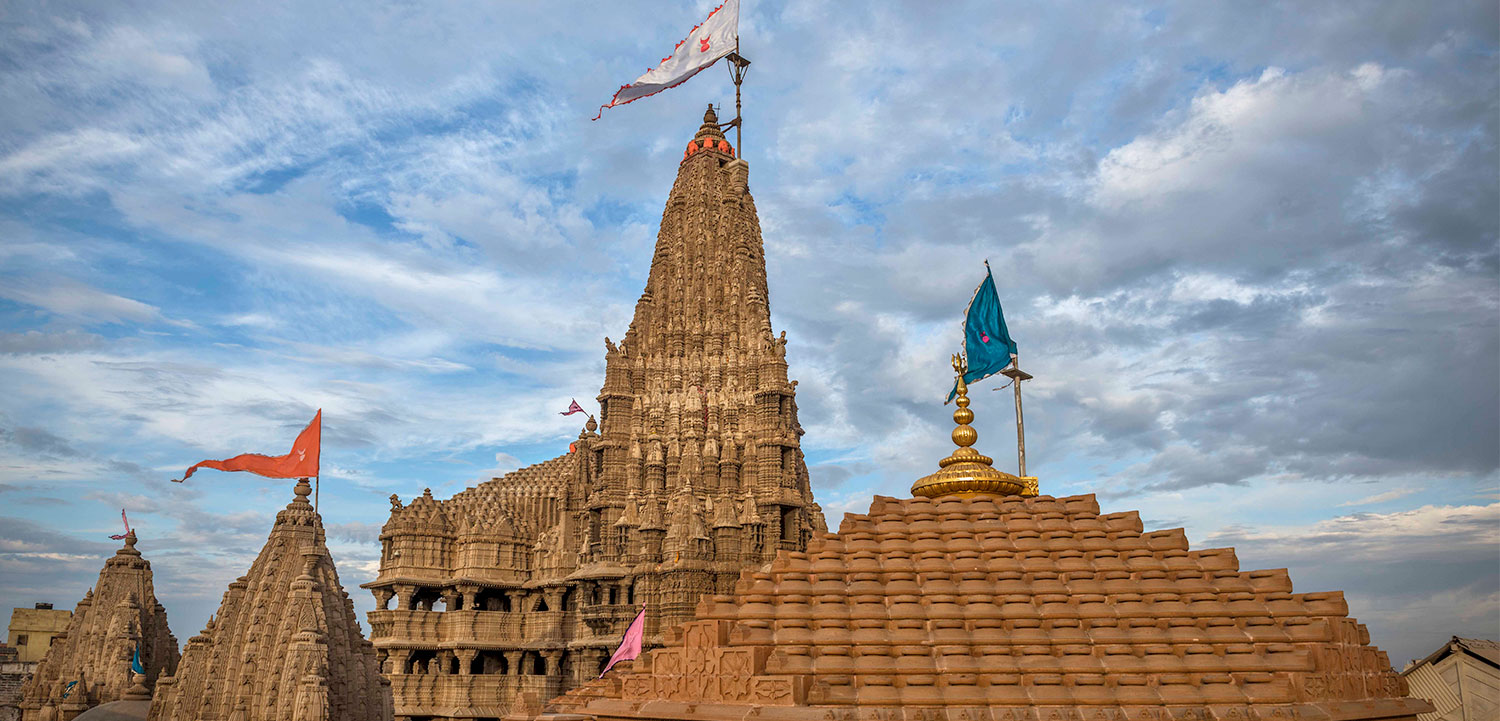Kalyug Mein Sidh Ho Dev Tumhin Lyrics – Hanuman Bhajan
Kalyug Mein Sidh Ho Dev Tumhin,
Hanuman Tumhara Kya Kahana ।
Teri Shakti Ka Kya Kahana,
Teri Bhakti Ka Kya Kahana ॥
Sita Ki Khoj Kari Tumne,
Tum Saat Samundar Paar Gaye ।
Lanka Ko Kiya Shamshaan Prabhu,
Balwan Tumhara Kya Kahana ॥
Teri Shakti Ka Kya Kahana,
Teri Bhakti Ka Kya Kahana ।
॥ Kalyug Mein Sidh Ho Dev Tumhin… ॥
Jab Lakhan Laal Ko Shakti Lagi,
Tum Dronagiri Parvat Laye ।
Lakshman Ke Bachaye Aa Kar Ke,
Tab Pran Tumhara Kya Kahana ॥
Teri Shakti Ka Kya Kahana,
Teri Bhakti Ka Kya Kahana ।
॥ Kalyug Mein Sidh Ho Dev Tumhin… ॥
Tum Bhakt Shiromani Ho Jag Mein,
Tum Veer Shiromani Ho Jag Mein ।
Tere Rom Rom Mein Baste Hain Siya Ram,
Tumhara Kya Kahana ॥
Kalyug Mein Sidh Ho Dev Tumhin,
Hanuman Tumhara Kya Kahana ।
Teri Shakti Ka Kya Kahana,
Teri Bhakti Ka Kya Kahana ॥
Bhajans, devotional songs that connect individuals to the divine, hold a special place in the hearts of millions worldwide. Among the numerous deities worshipped in Hinduism, Lord Hanuman, the epitome of devotion, strength, and humility, has inspired countless bhajans that resonate deeply with the faithful. Hanuman bhajans and Hanuman Katha celebrate his divine qualities and convey profound messages of courage, loyalty, and unwavering faith. Bhakti Marg explores the significance of Hanuman Bhajan as a medium of spiritual expression and examines their impact on fostering devotion and inner strength.
History & Origin
Lord Hanuman, a central figure in the ancient Indian epic Ramayana, is revered as a symbol of selfless service, devotion, and loyalty. Hanuman Ji possessed extraordinary strength and divine abilities. His unwavering devotion to Lord Rama, the seventh incarnation of Lord Vishnu, and his pivotal role in Sita’s rescue from the demon king Ravana’s clutches make him a revered figure in Hindu scriptures.
Hanuman bhajans are devotional songs dedicated to Lord Hanuman. These bhajans hold significant historical, legendary, and spiritual contexts within Hindu culture. Hanuman bhajans have been sung and passed down through generations to express devotion and seek the blessings of Panch Mukhi Bajrangbali. These devotional songs are an integral part of Hindu religious practices and rituals. Hanuman Ji Ki Katha is often performed during religious ceremonies, festivals, and gatherings. Over time, various forms of these tales and bhajans have emerged, each influenced by India’s cultural and regional diversity. Some key events and themes from the Ramayana often depicted in Hanuman Bhajan in Hindi include Hanuman’s birth, his devotion to Lord Rama, the leap to Lanka, his battle against Ravana’s forces, and his strength and humility.
Hanuman’s birth resulted from the blessings of various deities, including Lord Shiva and Lord Vayu, hence his popular name, Pawanputra. This miraculous birth and its divine origins are often celebrated in bhajans. Hanuman’s unwavering devotion to Lord Rama is a central theme, as is his selfless service and dedication to assisting Lord Rama in his quest to rescue his wife, Sita, from the clutches of the demon king Ravana.
One of the most famous episodes from the Ramayana is when Hanuman takes a giant leap across the ocean to reach Lanka in search of Sita. This extraordinary feat of strength and devotion is often depicted in Hanuman Aartis. Hanuman plays a crucial role in the battle against Ravana’s forces.
Practice
The practice and rituals associated with Hanuman bhajans vary based on personal beliefs, regional customs, and cultural traditions within Hinduism. Before starting the Hanuman bhajan, devotees often invoke the blessings of Lord Hanuman and seek his presence. Some people may light incense, offer flowers, or light a lamp (diya) as a symbolic welcome of the deity’s divine energy.
Devotees gather in a quiet and reverent atmosphere to perform Aarti Hanuman Ji Ki. The singing can be done individually or as a group, depending on the context. The lyrics of Hanuman bhajans typically contain praises, prayers, and stories about Lord Hanuman’s valor, devotion, and divine feats. Chanting the 12 Names of Hanuman Ji is a typical practice in these sessions. Kirtan refers to the devotional singing or chanting of hymns and bhajans. Sankirtan involves communal singing, often led by a designated singer or group. Participants engage in call-and-response singing, where the leader sings a line of the Hanuman Ji Bhajan Lyrics, and the group repeats it.
Musical instruments like harmonium, tabla, dholak, and cymbals accompany Hanuman Ji Aarti and help create a rhythmic and melodious atmosphere. Devotees may clap their hands or engage in simple and joyful dancing as they sing Hanuman bhajans. Clapping and dancing add a lively and celebratory element to the devotional practice. Some Hanuman bhajans feature repetitive chanting of specific mantras or Hanuman Ke 12 Naam, such as the Hanuman Chalisa. Chanting of the Bhajan of Hanuman is often done using prayer beads (mala), with each bead representing a repetition of the mantra.
Devotees may fast on certain days dedicated to Lord Hanuman, such as Tuesdays and Saturdays. Fasting is usually accompanied by increased devotion, prayer, and the singing of Hanuman bhajans. After the bhajan session concludes with joyful cries of Jai Bajrangbali, devotees may offer fruits, sweets, or other vegetarian food items as prasad (blessed food) to Lord Hanuman. Prasadam is then shared among participants, symbolizing the divine blessings received.
Alongside Hanuman Stuti, devotees may also read or narrate stories from the Ramayana or other scriptures that highlight heroic deeds and devotion of Hanuman. The practice of Hanuman bhajans may conclude with a period of silent meditation or reflection, allowing devotees to internalize the teachings and experiences from the session.
Hanuman Jayanti, the birthday of Lord Hanuman, is a special occasion for the singing of Hanuman bhajans and performing Hanuman Aarti Hindi. Hanuman-related festivals or events may involve elaborate bhajan sessions, processions, and other celebratory activities.
Significance
Hanuman bhajans hold significant spiritual and cultural importance within Hinduism. They serve as a means of expressing devotion, seeking blessings, and connecting with the divine. The significance of Hanuman bhajans may be appreciated from various angles:
Devotion and Love: Hanuman bhajans are expressions of deep devotion and love for Lord Hanuman. Singing the Hanuman Aarti Lyrics in Hindi allows devotees to cultivate a strong emotional bond with the deity, fostering a sense of intimacy and connection.
Inspiration and Virtue: Hanuman is revered for his virtues of humility, loyalty, selflessness, and unwavering devotion. Bhajans depicting Hanuman’s qualities inspire devotees to emulate these virtues in their own lives, fostering personal growth and spiritual development.
Protection and Strength: Hanuman is a powerful protector and a remover of obstacles, which is the reason devotees also call him Sankat Mochan Hanuman. Singing is believed to invoke his divine protection and provide inner strength to overcome challenges and adversities.
Guidance and Wisdom: Hanuman bhajans often contain teachings and lessons from the life of Hanuman. Listening to or singing these bhajans and repeated chanting of Hanuman 108 Names can offer guidance and wisdom for navigating life’s complexities with faith and determination.
Cultural Identity: Shri Hanuman Ji Ki Aarti is integral to Hindu culture and tradition. They help reinforce a sense of cultural identity and heritage among devotees, especially during festivals and religious gatherings.
Community and Unity: Hanuman bhajans often bring people together in communal worship, fostering a sense of unity and shared purpose among devotees. Singing Aarti Hanuman Ji Ki Lyrics strengthens the sense of spiritual community.
Healing and Peace: The melodic and devotional nature of Hanuman bhajans can have a calming and healing effect on the mind and heart. Listening to Hindi Hanuman Bhajan can provide solace, reduce stress, and bring about inner peace.
Hanuman Chalisa Paath offers a multifaceted approach to spirituality, encompassing devotion, inspiration, guidance, and cultural expression. It provides a sacred space for devotees to connect with the divine presence of Lord Hanuman and experience a profound sense of spiritual fulfillment.
What Are the Benefits of Reciting Hanuman Bhajan?
Singing Hanuman bhajans, or devotional songs dedicated to Lord Hanuman, offers numerous spiritual and emotional benefits.
Hanuman bhajans help connect individuals with their spiritual side and cultivate a deeper sense of devotion and faith. Singing praises to Lord Hanuman as Hanuman Stavan, the most famous being Hanuman Chalisa, can create a sense of inner peace and connection to the divine.
Singing bhajans, including those dedicated to Hanuman, can serve as a form of meditation and stress relief. The rhythmic melodies and repetitive chanting of Hanuman Chalisa Full can help calm the mind and reduce anxiety.
Hanuman bhajans often involve repetitive chanting of specific mantras or verses. This repetitive practice can enhance concentration and focus, aiding mindfulness and reducing mental distractions.
The lyrics of Bajrangbali Hanuman Chalisa typically highlight the virtues of devotion, courage, and humility. Singing them can infuse individuals with positive energy and motivation, promoting a positive outlook on life.
Hanuman holds a significant place in Hindu culture. Singing Hanuman bhajans allows individuals to connect with their cultural heritage, fostering a sense of identity and belonging.
The stories and qualities associated with Hanuman often emphasize qualities like dedication, selflessness, and strength. Singing Hanuman Ji Stavan can serve as a source of inspiration for individuals striving to cultivate these virtues in their own lives.
Singing Jai Hanuman Chalisa Lyrics in a group or during religious gatherings can foster community and togetherness. It provides an opportunity for people to come together, share their devotion, and strengthen social bonds.
Hanuman ji is considered a protector and a symbol of divine assistance. Hanuman Mantra expresses gratitude for his blessings and guidance and can create a sense of humility and appreciation for the support received in life.
Singing Hanumanji Mantra can provide solace and comfort to devotees during challenging times. The act of singing, combined with the devotional nature of the lyrics, can facilitate emotional healing and help them cope with difficulties.
Singing the Hanuman Powerful Mantra and bhajans can be a transformative and enriching experience, offering a pathway to connect with the divine, nurture one’s spiritual well-being, and find a sense of purpose and meaning in life.



